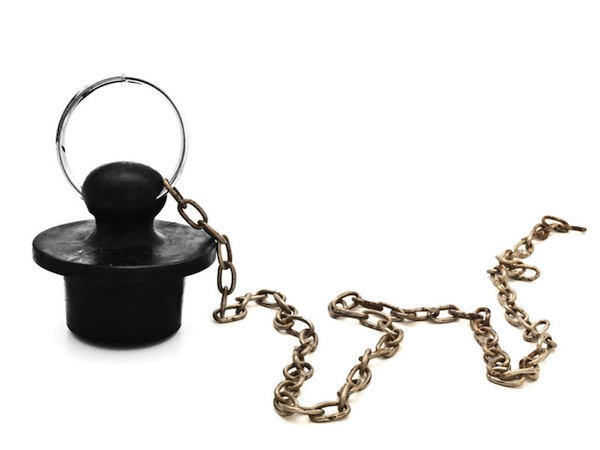 One of the reasons why I married my wife were the silly conversations we would have, like the following:
One of the reasons why I married my wife were the silly conversations we would have, like the following:
Riko D: How much money do you think you'll make once you sell your book?
Aonghas Crowe: How much does a book cost? One or two thousand yen? And royalties? Haven't got a clue, but they can't be high. Do you know?
RD: No.
AoCr: Well, let's say I'll get ten percent.
RD: Ten percent, huh?
AoCr: Yeah, so ten percent of fifteen hundred's a hundred and fifty yen a book. That's not a lot of money, but it adds up. So, if I were to sell two books, one for me and another for you, I'd make three hundred yen. Of course, if I were to write a second book, it might sell as many as ten copies . . .
RD: Honey, be serious.
AoCr: I can't. Especially when you ask me silly questions like that. Anyways, like I said, I don't know. I don't want to know.
RD: Why not?
AoCr: Because if I thought about how much money a book would make me, I wouldn't get anything done. I'd have all these dollar bills dancing around in my head, having a wild party and kicking up a helluva racket. “Keep it down, you guys!” I'd say, but you think they'd listen to a wet blanket like me?
RD: If I were a writer, I'd know how much I’d get in royalties.
AoCr: Oh, I'm sure you would know. What I want you to understand is that I'm not writing for money. That's never been the point. If I were writing for money, I . . .
RD: I know, honey. But, but, but you must understand that I worry about the future and whether you'd be able to support me and our children. I worry that we wouldn't have enough money to buy proper clothes for them if the book you wrote didn't sell.
AoCr: I don't know what's to worry about it. If it got too expensive to keep the three kids, we could always send one of them away. Take a hike, kid! Not enough food to go around for all of us. Oh, he might be sad and cry out to his mother, but that's life. Besides, think about how obedient the remaining too kids would be. They'd know that if Daddy's next book didn't sell well, why they might be the one who gets the boot next. “Mummy, Daddy, can I do anything for you today? Clean? Cook? Do the shopping?” They'd be petrified with fear every time they made the slightest mistake . . .
RD: Can I tell you what my dream is?
AoCr: Shoot.
RD: I want to marry someone like Murakami Haruki. (She goes on to explain why she likes his writing, his lifestyle and success.)
AoCr: I enjoy reading his stories, too. But, Murakami has never once made me look up from the page and think, Wow! Not like, say, Gabriel Garcia Marquez.[1] Granted I've only read a few things by Murakami, most of them in English, so . . .
RD: Oh, he's very good at describing things and using metaphors. I read an interview of him once where he said that he considered himself a pretty useless person. He wasn't like the plug in someone's bathtub, he said. The plug's quite small and simple, but it does its job well, keeping the water from flowing away. I really liked that image.
AoCr: I've always thought of bath plugs in terms of oppression: chained his entire life to the side of a bathtub, shut up in darkness most of the day, only to traumatized every evening when he's forced into a hole and made to bear the back-breaking weight of so many gallons and gallons of water. You think the plug wants to do it? You think he feels he's being useful? I doubt it. When he was just a kid, still the sap of a rubber tree, he probably had grand dreams of becoming the tire of a bicycle tooling about the countryside . . .
[1] Check out my Gabo tweets. Ninety thousand followers and counting!
If you are interested in knowing more about how authors are paid (or not paid), check out this site. Hope you like peanuts.